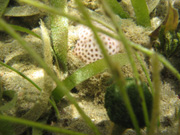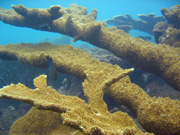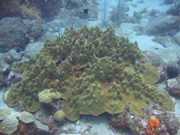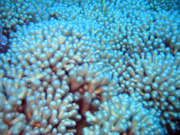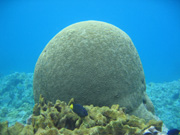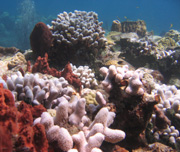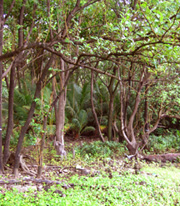|
|
|
|
|
|
SEAGRASS
BEDS
|
|
|
|
|
|
|
|
TRUE
CORAL REEFS
|
|
|
|
|
|
|
|
|
|
|
|
|
|
|
|
|
|
OTHER
CORAL HABITATS
|
|
|
|
|
|
|
|
|
|
|
|
|
|
|
|
MANGALS
|
|
|
|
|
|
|
INDEX | INTRODUCTION |REGIONS | HABITATS | SPECIES | STATUS | CONTRIBUTORS | REPORTS
Institute
for Tropical Marine Ecology ITME Inc., P.O. Box
36, Roseau, Commonwealth of Dominica.
ITME
is a not-for-profit institution for environmental education and research.
